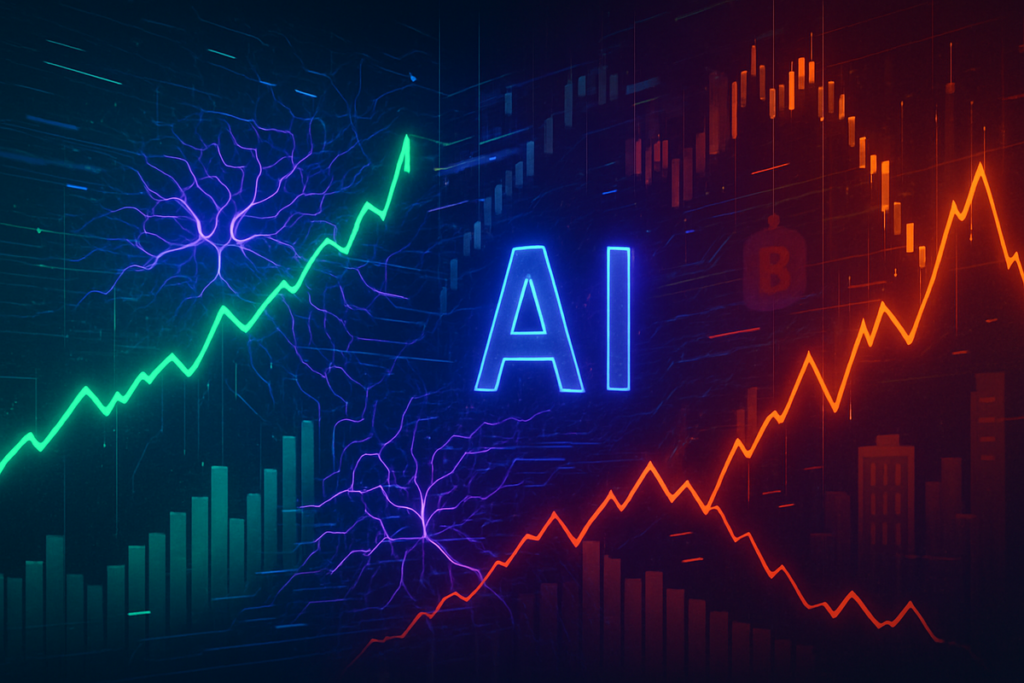The combined market capitalization of the “Magnificent Seven” — Apple, Microsoft, Alphabet, Amazon, Nvidia, Meta, and Tesla — has now exceeded the gross domestic product (GDP) of the European Union, signaling a historic milestone for global financial markets.
Recent data places the group’s collective valuation at over $18 trillion, surpassing the EU’s estimated GDP of $17.5 trillion. The symbolic crossover underscores both the dominance of U.S. technology companies and the growing economic weight of the digital sector worldwide.
AI Innovation Drives Massive Gains
The surge in valuations is largely attributed to artificial intelligence advancements, cloud computing, and semiconductor innovation, with Nvidia leading the charge. The chipmaker’s stock has soared nearly 200% in the past year, solidifying its role as one of the most valuable firms in history.
Meanwhile, Apple and Microsoft collectively represent more than $6 trillion of the total valuation, highlighting how a handful of companies now dominate not only the stock market but also global technological progress.
Analysts Warn of Potential Market Bubble
Despite the historic gains, financial experts are divided on whether this growth is sustainable. Some analysts caution that the valuations are “detached from traditional economic fundamentals,” raising fears of an emerging tech asset bubble.
“These valuations reflect enormous confidence in AI-driven growth, but they’re detached from traditional economic fundamentals,” said one market strategist.
Critics argue that the concentration of wealth within a few mega-cap firms increases systemic risk, making global markets more vulnerable to volatility.
Europe Reacts to Growing U.S. Tech Dominance
European policymakers have expressed concern over the economic imbalance between U.S. tech powerhouses and the EU’s slower industrial growth. The disparity, some warn, could have long-term geopolitical and economic implications, potentially shifting global influence further toward American tech ecosystems.
Efforts to strengthen the European tech and semiconductor industries are underway, but analysts note that the scale and speed of the “Magnificent Seven” make catching up increasingly difficult.
Investors Remain Optimistic Despite Warning Signs
Despite mounting bubble fears, investors continue to pour capital into the sector. The AI revolution, cloud adoption, and next-generation chip production are seen as long-term drivers of revenue and innovation.
Market watchers say this relentless optimism reflects a belief that AI and digital transformation represent a new economic paradigm — even if valuations appear stretched.

